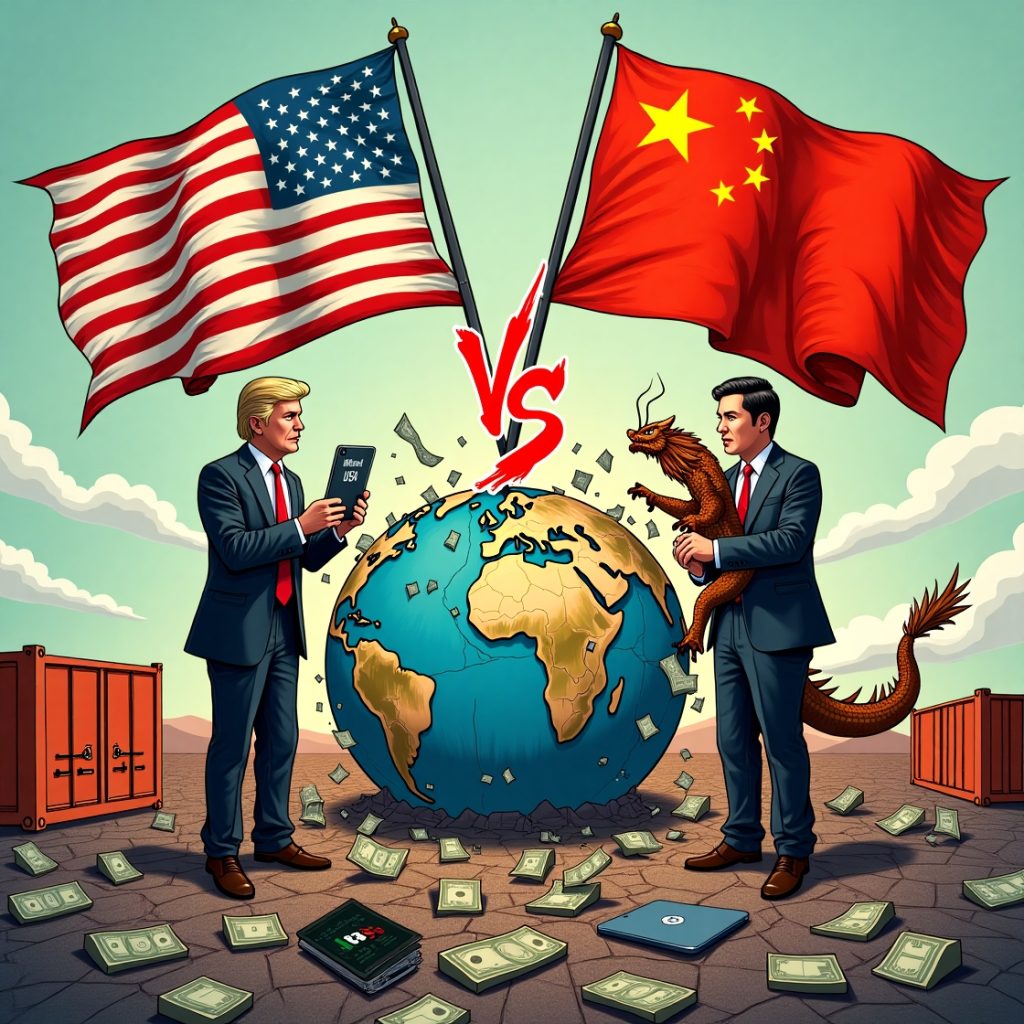The world of digital assets continues to transform under the pressure of political, tax, and regulatory changes. Several key developments in recent days point toward the beginning of a new era in the global crypto space. Below is a summary of the most important news—from Ukraine’s tax initiative to the SEC leadership change and trade uncertainty between the US and China.
Ukraine Prepares the Foundation for Cryptocurrency Taxation
The State Tax Service of Ukraine has published a digital asset taxation matrix, which will form the basis of new legislation in the future. According to the proposed model, citizens will be offered three taxation options:
– Standard rate — 18% personal income tax + 1.5% military levy.
– Preferential rates — 5% and 9%, depending on the type of transactions and participants.
Interestingly, digital assets received as gifts, donations, or transferred between personal wallets may be exempt from taxation. This signals the government’s intent to support citizens who use crypto for everyday, non-speculative purposes.
A full-fledged bill on digital assets is expected by October 2025, and it is set to be developed based on the European MiCA (Markets in Crypto-Assets) directive. This could help Ukraine align with the EU crypto market and increase transparency.
Paul Atkins Appointed New SEC Chair: A Shift Toward Reforms and Crypto Support
A major development in the US was the appointment of Paul Atkins as the new Chair of the Securities and Exchange Commission (SEC). His nomination was confirmed by the US Senate with a majority vote (52 to 44). Atkins is a well-known advocate of market reforms and moderate regulation, especially in the digital asset space.
He has previously advised companies working with cryptocurrencies, making him particularly well-versed in the industry. During a March hearing before the Senate Banking Committee, Atkins pledged that establishing a solid regulatory framework for cryptocurrencies would be a top priority of his mandate.
He also announced plans to revisit controversial SEC practices implemented under former Chair Gary Gensler, including aggressive enforcement actions against crypto projects and the lack of clear regulatory standards.
This shift could significantly change the sentiment in the industry. After years of pressure from the SEC, crypto companies might now gain more freedom and regulatory clarity.
China Imposes New Tariffs, Trump Suspends Them: Market Uncertainty Grows
Meanwhile, US–China trade relations have once again escalated. China’s Ministry of Finance announced new tariffs of 84% on US goods, set to take effect on April 10. The total duty rate for China now stands at 125%. These measures affect a wide range of products, including electronic components and raw materials essential for manufacturing mining-related equipment.
In response, President Donald Trump initiated a 90-day suspension of tariffs, sparking criticism and accusations of market manipulation. Analysts believe such actions may resemble insider trading or, at the very least, contribute to destabilized market expectations.
The crypto market is traditionally sensitive to US–China trade policy. Sharp fluctuations in the yuan and dollar exchange rates, rising component costs—all these factors can indirectly affect mining, transaction fees, and investor sentiment.
What’s Next?
Atkins’ appointment could mark the beginning of a more lenient SEC approach, while Ukraine’s tax initiative is a step toward non-repressive regulation. At the same time, US–China trade tensions continue to create external economic instability, which may influence the behavior of major investors.
For market participants, it’s time to closely monitor the political agenda, as it increasingly has a direct impact on digital asset pricing, demand, and legal status.
